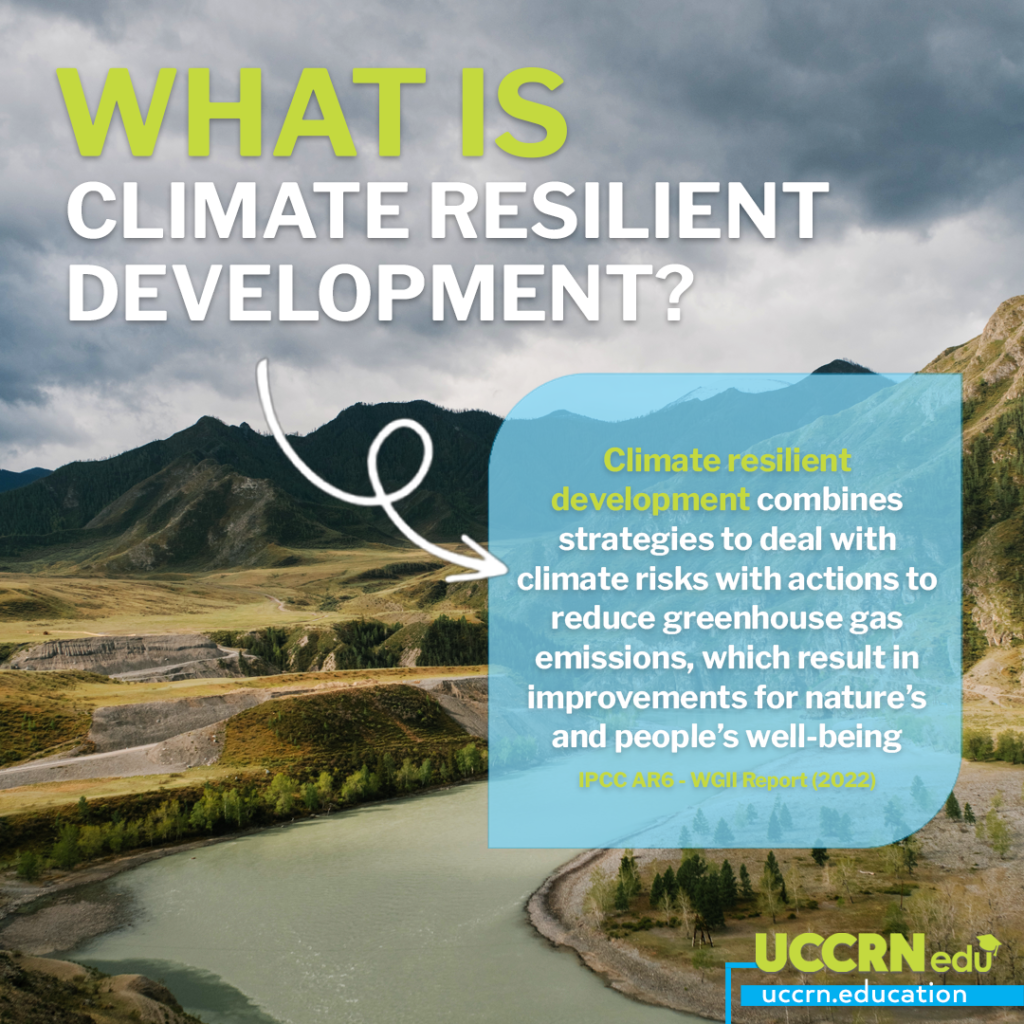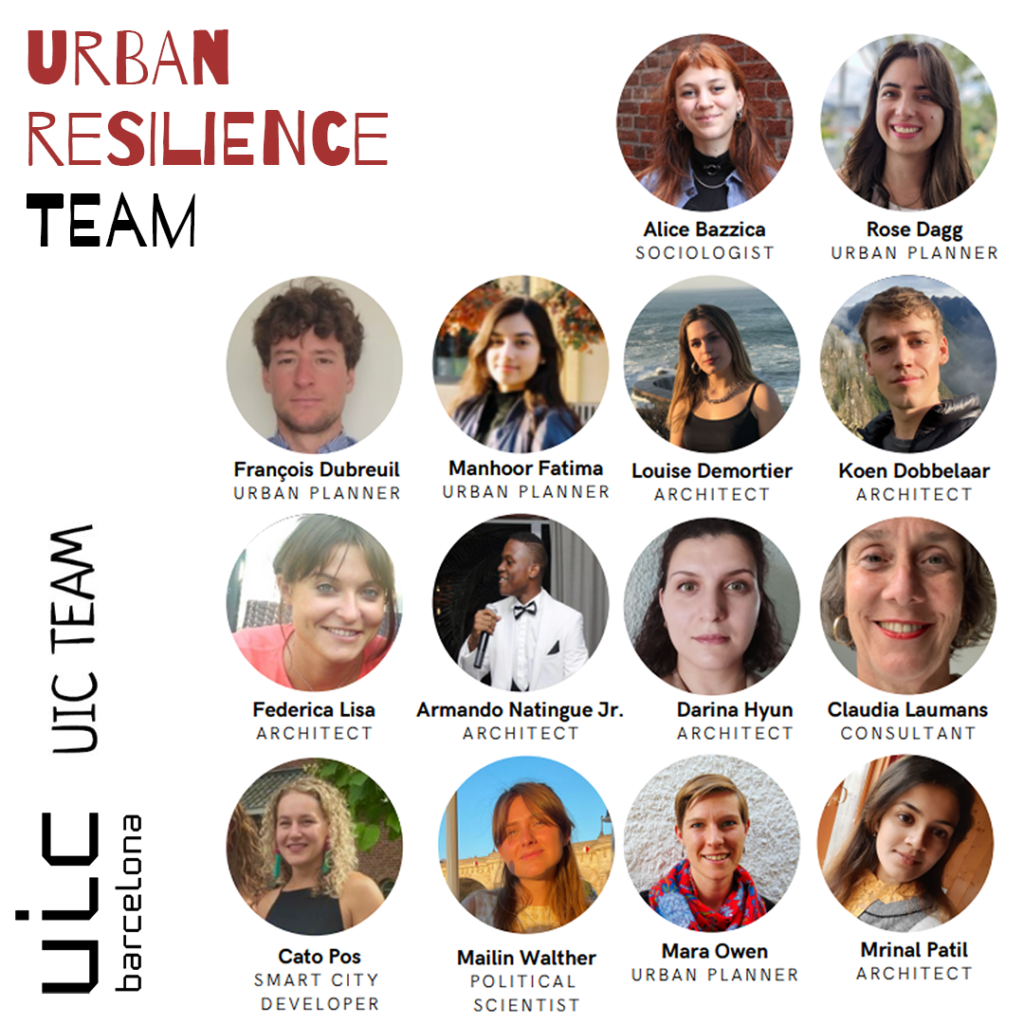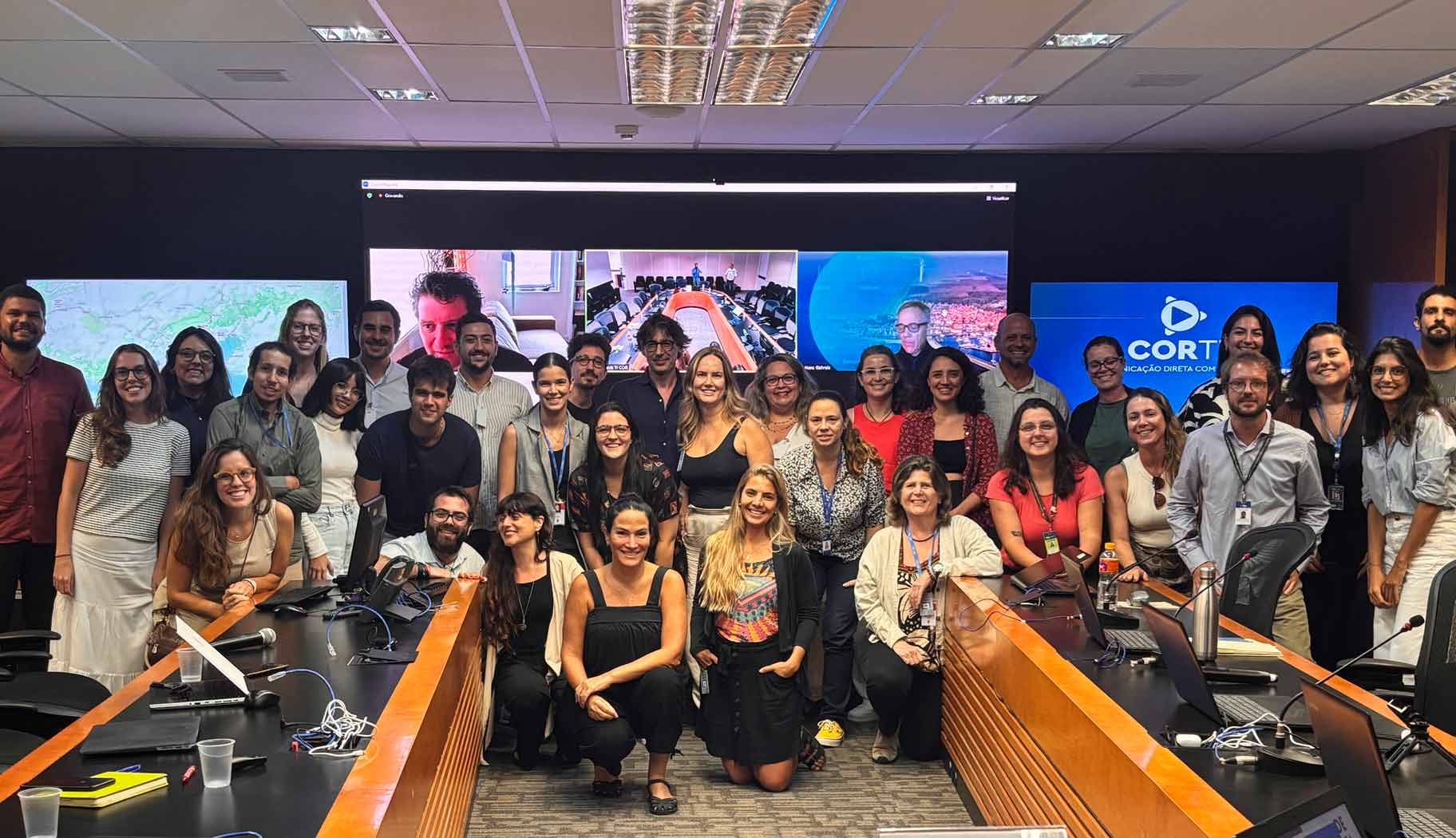Key Points
- Definition of Adaptation – adapting life taking into account climate change (short term approach).
- Definition of Mitigation – lessening climate change impact by reducing greenhouse gases emissions.
- UCCRN’s role in the challenge of climate change mitigation and adaptation is about increasing knowledge and capacity building, by providing Masters and higher education Study Programmes such as Urban Design Climate Workshops (UDCW) where students, teaching staff and community members are confronted together with real urban challenges.
Responding to climate change involves two different approaches:
- climate change adaptation
- climate change mitigation.
The first approach (mitigation) is about tackling greenhouse gases emissions in a long-term reduction perspective of climate change impacts; the other one (adaptation) refers to a short-term approach, consisting in actions and decisions able to improve life of communities facing unexpected climatic events.
Adaptation
Adaptation refers to the proactive recognition of the negative impacts of climate change and the subsequent implementation of measures to either prevent or reduce their effects. Adaptation measures encompass both significant alterations in infrastructures, like constructing defenses against rising sea levels, as well as behavioral changes, such as individuals adopting practices to decrease food waste. Essentially, adaptation entails adjusting to the present and anticipating consequences of climate change.
Find a more detailed list of climate changes adaptation examples: Climate change adaptation

Mitigation
Mitigation refers to the efforts aimed at lessening the severity of climate change impacts by taking action to prevent or reduce the emission of greenhouse gases into the atmosphere, mitigating the overall impact of climate change on the environment and society.
Find a more detailed list of climate changes mitigation examples: Climate change mitigation
How UCCRN is involved
Since the pre-industrial period, the land surface air temperature has risen nearly twice as much as the global average temperature. Climate change, including increases in frequency and intensity of extremes, has adversely impacted food security and terrestrial ecosystems as well as contributed to desertification and land degradation in many regions (IPCC, 2018). UCCRN means Urban Climate Change Research Network for Higher Education project, and that’s exactly what we do with our students and communities: training the professionals and experts of the future specializing in climate change from an urban planning perspective is one of our goals.

In June 2022 our workshop in Paris has explored such principles in the context of the proposed urban regeneration of the Porte de Montreuil district covered by a C40 Reinventing Cities development project (lo linkiamo sotto nelle fonti). The workshop, promoted and organized by the UCCRN and Gustaive Eiffel University workshop was the first of a series of educational activities as part of the our larger project. Selected students joined the UDCW to develop a multi-disciplinary and design-oriented proposal aimed at supporting the climate-resilient transformation of the Porte de Montreuil area. The aim was to produce multiscale design solutions supported by robust climate, environmental and social analyses carried out in conjunction with local government, practitioners and communities.
Click here to read the report of Paris – Porte de Montreuil 2022
Furthermore, in March 2023 the Barcelona Workshop, organized by Federico II University and UIC Barcelona, has developed for Sitges (a city in the province of Barcelona), some design and management strategies to heat waves, addressing both short and long-term approach (adaptation and mitigation). This means bridging science and planning, aligning policies and projects for a consistent climate resilience implementation roadmap. The challenge was to guide the city from its urgent need to act now through heatwave shelters toward a broader climate adaptation planning scheme, to become climate friendly in 2030.
Click here to read the report of Sitges 2023


References
- IPCC (2021), AR6 Climate Change 2021: The Physical Science Basis, Working Group I contribution to the Sixth Assessment Report.
- C40 Reinventing Cities Porte de Montreuil – Paris, France.
- UIC Barcelona – the only school of architecture in Spain which teaches compulsory subjects on cooperation, sustainability and accessibility.
- Université Gustave Eiffel – multidisciplinary university of national importance.




